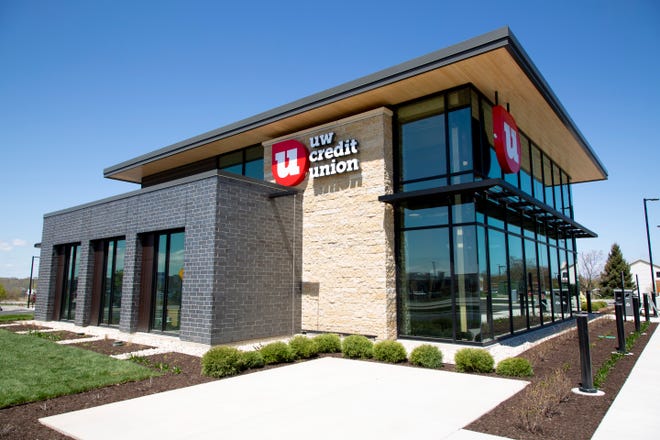
When UW Credit Union decided last year it was going to cut its overdraft fees, it got the attention of others in banking and officials in Washington, D.C.
UW Credit Union CEO Paul Kundert was called before the House Financial Services Committee to talk about how that change has impacted the credit union.

“It provided us a chance to share our story and our thinking on overdrafts and how they affect consumers and what we experienced by reforming,” Kundert said. “This is something we feel passionately about.”
Kundert recalls one of the committee members asking him “how can you afford to do this?”
“We are able to acquire more checking accounts, we are able to retain more accounts,” Kundert said of the change in policy.
UW Credit Union CEO talks cutting overdraft fees and equitable banking & Latest News Update
UW Credit Union CEO talks cutting overdraft fees and equitable banking & More Live News
All this news that I have made and shared for you people, you will like it very much and in it we keep bringing topics for you people like every time so that you keep getting news information like trending topics and you It is our goal to be able to get
all kinds of news without going through us so that we can reach you the latest and best news for free so that you can move ahead further by getting the information of that news together with you. Later on, we will continue
to give information about more today world news update types of latest news through posts on our website so that you always keep moving forward in that news and whatever kind of information will be there, it will definitely be conveyed to you people.
UW Credit Union CEO talks cutting overdraft fees and equitable banking & More News Today
All this news that I have brought up to you or will be the most different and best news that you people are not going to get anywhere, along with the information Trending News, Breaking News, Health News, Science News, Sports News, Entertainment News, Technology News, Business News, World News of this made available to all of you so that you are always connected with the news, stay ahead in the matter and keep getting today news all types of news for free till today so that you can get the news by getting it. Always take two steps forward
Credit Goes To News Website – This Original Content Owner News Website . This Is Not My Content So If You Want To Read Original Content You Can Follow Below Links
